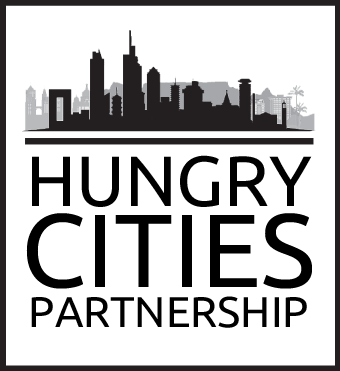Document Type
Hungry Cities Paper
Publication Date
3-2017
Department
Balsillie School of International Affairs
Abstract
This discussion paper aims to review what is currently known about the role played by the informal sector in general, and informal retailers in particular, in the accessibility of food in South Africa. The review seeks to identify policy-relevant research gaps. Drawing on Statistics South Africa data, we show that the informal sector is an important source of employment, dominated by informal trade with the sale of food a significant subsector within this trade. We then turn our attention to what is known about the informal sector’s role in food sourcing of poorer households. Surveys show that urban residents, and particularly low-income households, regularly source food from the informal sector and we explore possible reasons for this through an expanded view of access. We then consider existing evidence on the implications of increased supermarket penetration for informal retailers and food security. Having established the importance of the informal sector, we turn our attention to the policy environment. First we assess the food security policy position and the post-apartheid policy response to the informal sector – nationally, in provinces, and in key urban centres. We trace a productionist and rural bias in the food security agenda and argue that the policy environment for informal operators is at best benign neglect and at worst actively destructive; with serious food security implications. Throughout the paper, we draw on regional and international evidence to locate the South African issues within wider related trends.
Recommended Citation
Skinner, C. & Haysom, G (2017). The Informal Sector’s Role in Food Security: A Missing Link in Policy Debates (rep., pp. 1-17). Waterloo, ON: Hungry Cities Partnership. Hungry Cities Partnership Discussion Paper No. 6.
Included in
Food Studies Commons, Human Geography Commons, Politics and Social Change Commons, Urban Studies and Planning Commons


